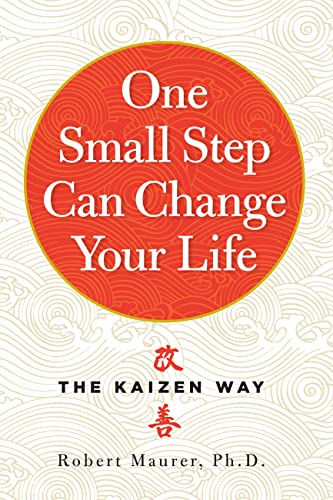I'm Overwhelmed! How to Eat an Elephant and Other Ideas
Dear Real Academics,
At certain times of the year -- particularly the beginning, middle, and end of semesters -- I start feeling anxious about all the large and many small projects ahead of me.
Large things could be dissertations, manuscripts, grants, large assignments to grade...
Smaller things could be a seemingly endless "to do" list such as scheduling meetings, attending meetings, answering emails, setting up classes for the next term, and/or learning new systems.
If you are not an academic by profession, you may still relate to some of the above types of tasks. Everyone may also have long-term goals related to health (e.g., eating healthier), finances (e.g., getting out of debt), or other (e.g., figuring out life changes).
Whatever your large project and/or many tasks, one way to NOT feel overwhelmed is to break things down into small steps.
This is by no means a new idea. Perhaps you've heard the staying, "A journey of a thousand miles begins with a single step."
Whenever I was overwhelmed with a large school task ahead of me, my mom would always remind me of this saying:
Q: "How do you eat an elephant?"
A: "One bite at a time."
Why anyone would think of literally eating an elephant is beyond me, but I think you get the point that the idea is how to tackle a large task or many tasks ahead of you.
If any of this resonates with you, there are two fun, easy, and practical books I recommend. Hey, you could even break down reading them in 5 minute increments each day just to get you motivated to start your tasks! (Note: This is a free productivity/motivational tip!)
The first is Robert Maurer's The Kaisen Way, One Small Step Can Change Your Life.
Based on his experience applying ancient philosophy to his clinical practice, Dr. Maurer saw amazing results in patients who felt overwhelmed and discouraged to start and succeed in life changes.
The principle is to start something difficult with -- not just small steps -- but with ridiculously small steps.
What does this mean?
Anything from walking in front of the TV for 1 minute every day to start exercising to putting 1 paperclip away a day to get your office desk cleared.
For writers, this may mean writing for 1 minute a day. To start.
But you have to read the book to fully understand the psychology and the method.
It's a literally small book and a quick read to get the full effect of the philosophy, fun/inspiring stories, and amazing results possible.
You'll be amazed how much less stressed and how much more quickly you can get the task(s) done.






Comments